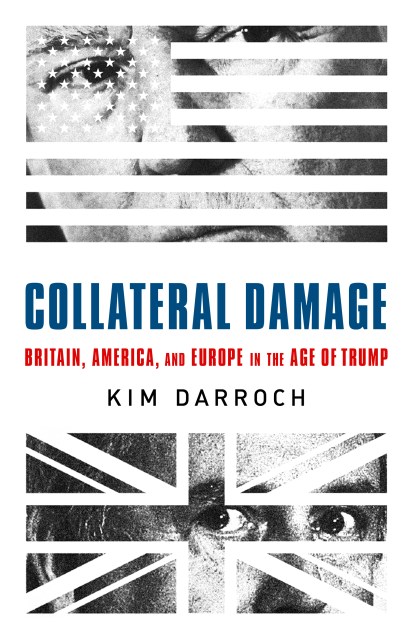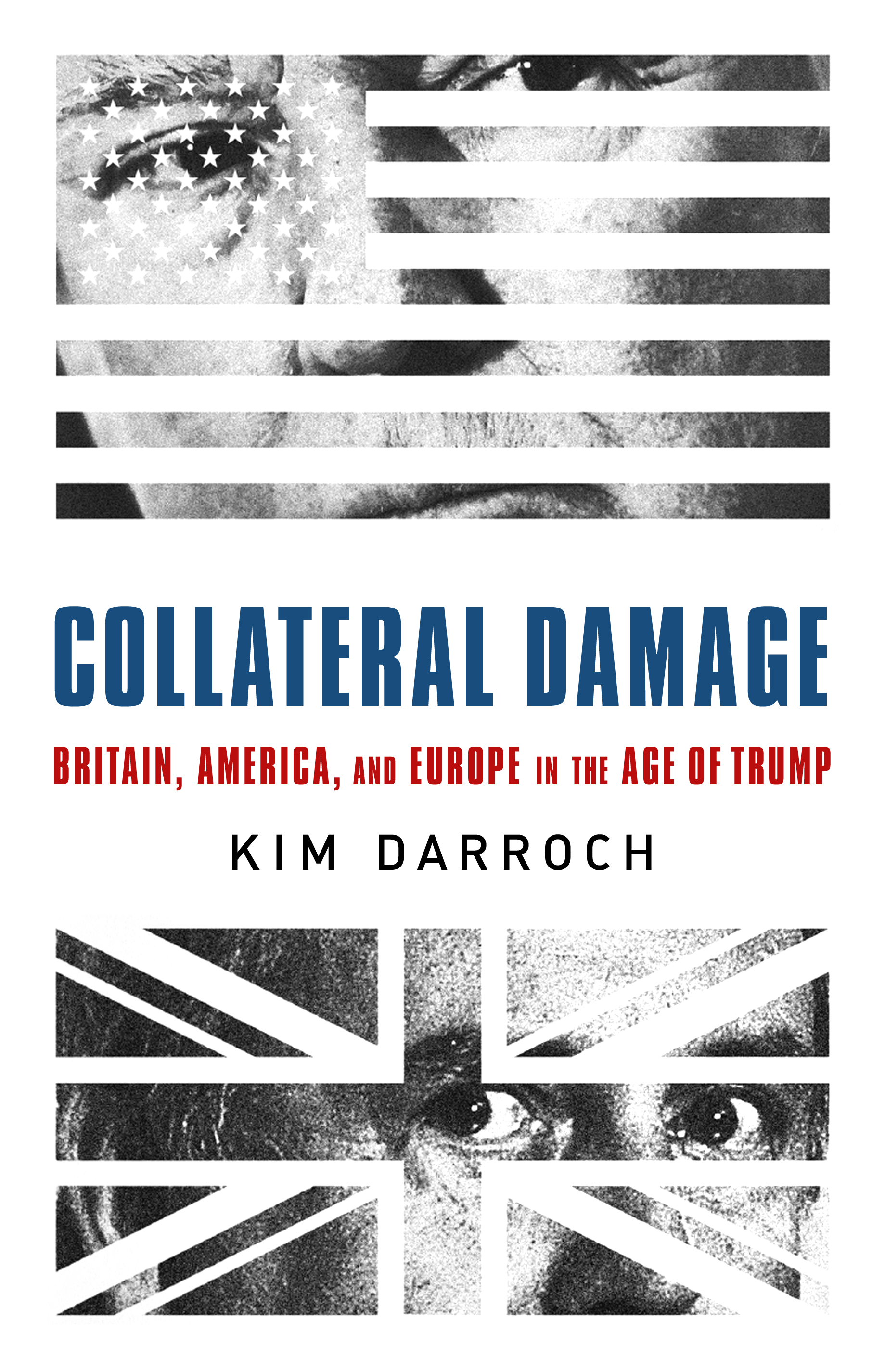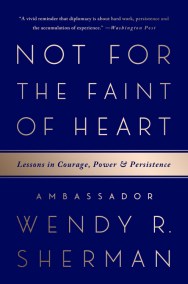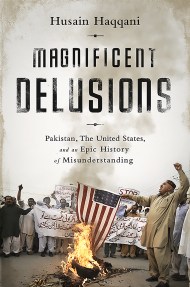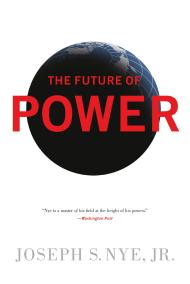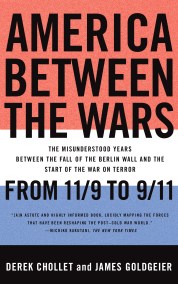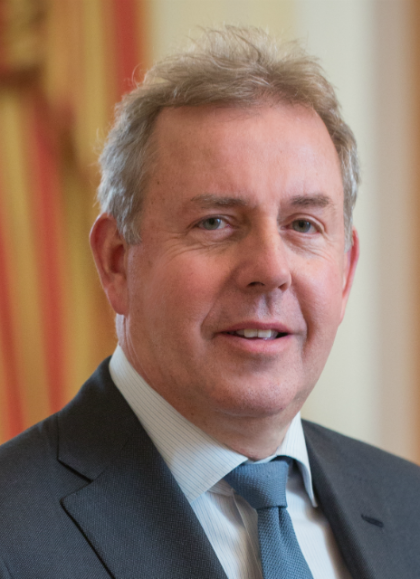By clicking “Accept,” you agree to the use of cookies and similar technologies on your device as set forth in our Cookie Policy and our Privacy Policy. Please note that certain cookies are essential for this website to function properly and do not require user consent to be deployed.
Collateral Damage
Britain, America, and Europe in the Age of Trump
Contributors
By Kim Darroch
Formats and Prices
- On Sale
- Oct 13, 2020
- Page Count
- 384 pages
- Publisher
- PublicAffairs
- ISBN-13
- 9781541751026
Price
$18.99Format
Format:
This item is a preorder. Your payment method will be charged immediately, and the product is expected to ship on or around October 13, 2020. This date is subject to change due to shipping delays beyond our control.
Buy from Other Retailers:
"@realDonaldTrump: The wacky ambassador that the UK foisted on the United States is not someone we are thrilled with, a very stupid guy . . . We will no longer deal with him."
Kim Darroch is one of the UK's most experienced and respected diplomats, and this unvarnished, behind-the-scenes account will reveal the inside story behind his resignation; describe the challenges of dealing with the Trump White House; and offer a diplomat's perspective on Brexit, and how it looked to Britain's closest ally.
Darroch was the British Ambassador to the US as the age of Trump dawned and Brexit unfolded. He explains why the British embassy expected a Trump victory from as early as February 2016, what part every key figure—from Steve Bannon to Sarah Sanders—has played in Trump's administration, and what balanced policy makers on both sides of the Atlantic should consider during this era of seismic change and populist politics.
A riveting account from the best-informed insider, Collateral Damage charts the strangest and most convulsive period in the recent history of Britain and the US—and shows how thirty months threatened to overturn three centuries of history.
Newsletter Signup
By clicking ‘Sign Up,’ I acknowledge that I have read and agree to Hachette Book Group’s Privacy Policy and Terms of Use
